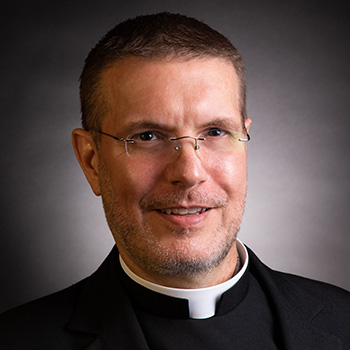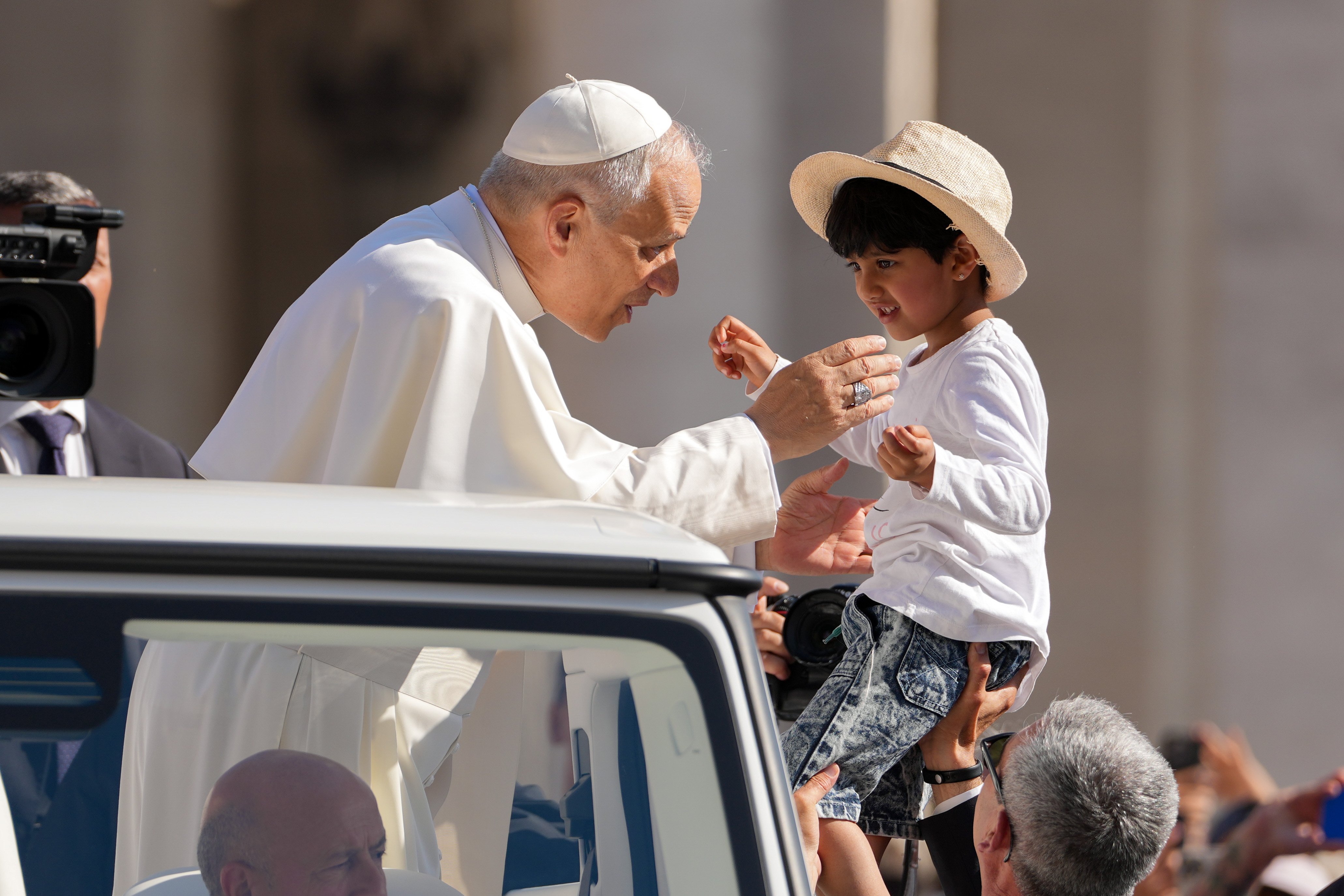DEAR FATHER | Calling Mary ‘Mother of God’ affirms the Incarnation
Not all Christians refer to Mary as the ‘Mother of God.’ Why do Catholics think of her that way?

We reference Mary as “Mother of God” so often — in the Hail Mary and with great solemnity on Jan. 1 — that many Catholics are surprised to learn that not all Christians are comfortable with this title. Yet in the early centuries of Christianity the use of the term “Mother of God” almost drove the Church into schism. The concern wasn’t so much about Mary’s place of honor in salvation history; rather, believers were divided as to how Christ’s humanity and divinity related to one another.
In the early Church, there was confusion over how Jesus could be both a human being and God (who was seen as perfect, infinite and transcendent). Several Church councils were called to resolve the various questions that arose, the most famous being the Council of Nicaea in 325 (which gave us the Nicene Creed). Even after Nicaea, questions remained. If God is perfect and infinite and Christ was divine, wouldn’t it be appropriate to say that Mary was the mother of the human Jesus, but not of His divinity?
Nestorius, a monk-bishop, made the argument that Mary should be referred to as Christotokos (“Christ-bearer), rather than Theotokos (“God-bearer”). The Council of Ephesus condemned Nestorius’ position in 431, stating that while Jesus’ humanity and divinity were distinct, they together formed one person, the “God-made-man,” and Mary was His mother. Therefore, “Mother of God” is a theologically accurate title.
To better understand this, think of how we refer to our own mothers. While my soul comes from God, I would never introduce my mother as “the mother of my body.” That would make no sense. I am a person consisting of a body and a soul, and my mother is the mother of all of me. The same is true of Jesus. Mary is the mother of Jesus, who was both a human being and God. To refer to Mary as the “Mother of God” is fundamentally an affirmation of the Incarnation. It reminds us that Jesus had a mother who cared for Him, raised Him in the Jewish faith, pondered questions in her heart and mourned His death at the foot of the cross. She was a mother in every way to Jesus and, as in the case of every mother, there was no part of Him that was not deeply connected to her.
Father Scott Jones is pastor of Sts. Teresa and Bridget Parish in St. Louis.
We reference Mary as “Mother of God” so often — in the Hail Mary and with great solemnity on Jan. 1 — that many Catholics are surprised to learn that … DEAR FATHER | Calling Mary ‘Mother of God’ affirms the Incarnation
Subscribe to Read All St. Louis Review Stories
All readers receive 5 stories to read free per month. After that, readers will need to be logged in.
If you are currently receive the St. Louis Review at your home or office, please send your name and address (and subscriber id if you know it) to subscriptions@stlouisreview.com to get your login information.
If you are not currently a subscriber to the St. Louis Review, please contact subscriptions@stlouisreview.com for information on how to subscribe.



